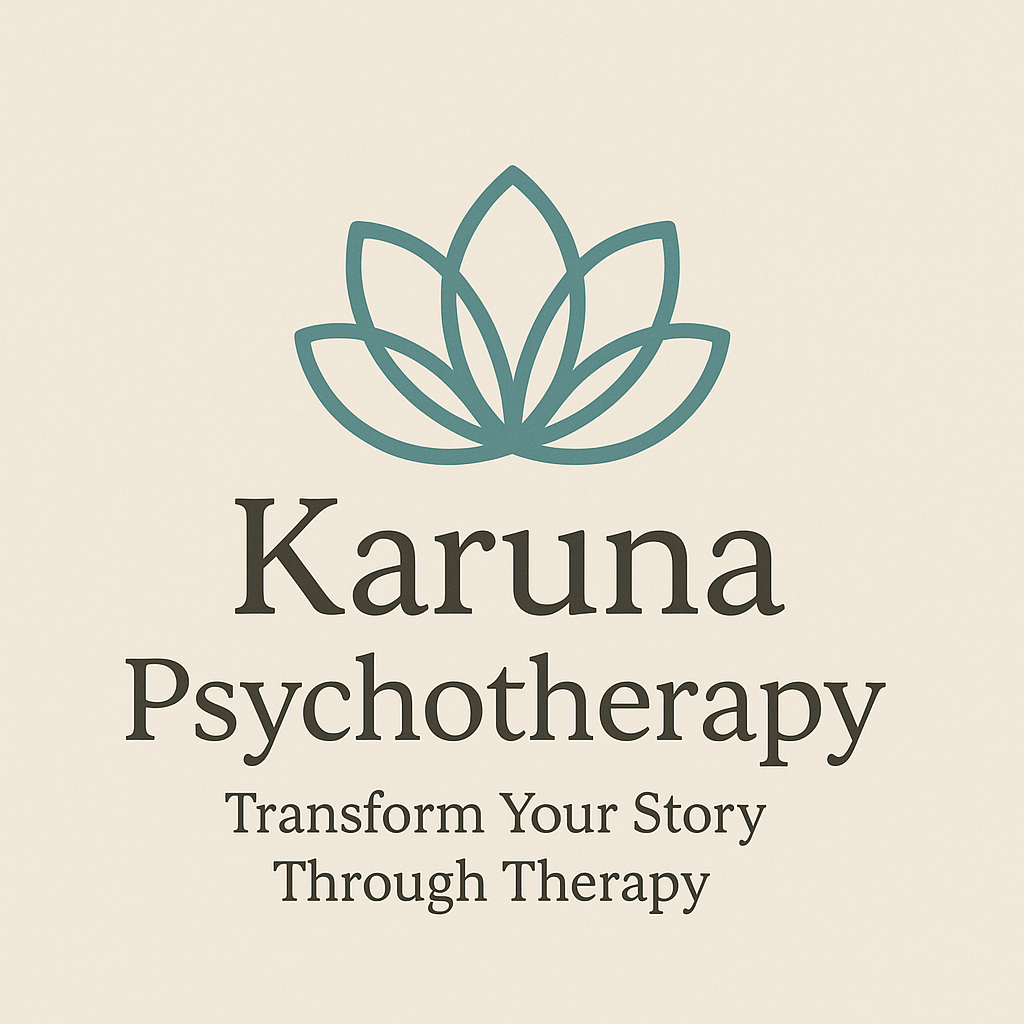Healing and Empowerment Through Trauma-Informed Therapy
Trauma can leave deep emotional wounds, affecting how we think, feel, and interact with the world. But healing is possible—and trauma-informed therapy offers a compassionate, empowering path forward.
Taking the Next Step
Healing isn’t about "getting over" your past—it’s about integrating your experiences in a way that empowers you. You deserve to heal—not just survive, but thrive.

EMDR
EMDR (Eye Movement Desensitization and Reprocessing) – A structured therapy that helps reprocess traumatic memories by using bilateral stimulation (like guided eye movements or tapping). EMDR can reduce the emotional charge of past experiences, allowing you to heal without reliving the pain in detail.
How does EMDR work?
EMDR helps the brain reprocess traumatic memories by using bilateral stimulation (like guided eye movements, taps, or sounds). This mimics the way your brain naturally processes experiences during REM sleep, reducing the emotional intensity of trauma over time.
Does EMDR require talking in detail about trauma?
No. Unlike traditional talk therapy, EMDR focuses less on recounting every detail and more on shifting how your brain stores the memory. You’ll work with your therapist to target specific memories without prolonged exposure.
Is EMDR effective?
Yes. Research shows EMDR can significantly reduce PTSD symptoms, anxiety, and depression linked to trauma. It’s endorsed by the WHO as a valid trauma treatment.
Does EMDR work for non-PTSD issues?
Absolutely. EMDR can help with anxiety, phobias, grief, childhood trauma, and even performance anxiety (e.g., public speaking).
Will EMDR make me feel worse afterward?
You might feel temporarily drained (like after a deep workout), but therapists prepare you with coping tools to manage this. EMDR is structured to avoid retraumatization.
Can I do EMDR online?
Yes! I offer virtual EMDR using audio or tactile tools for bilateral stimulation.

Trauma informed therapy
Unlike traditional therapy that focuses solely on symptoms, trauma-informed care asks: "What happened to you?" rather than "What’s wrong with you?" It prioritizes:
Safety – Creating a space where you feel physically and emotionally secure.
Trust & Choice – You control the pace and direction of your healing.
Collaboration – Therapy is a partnership, not a one-sided process.
Strength-Based Healing – Focusing on resilience, not just pain.
How Trauma-Informed Therapy Empowers You
Restores a Sense of Control – Trauma can make you feel powerless. This approach helps you reclaim agency over your life.
Heals Mind & Body – Many trauma-informed therapists use techniques like mindfulness, somatic therapy, and nervous system regulation to address trauma stored in the body.
Builds Resilience – Instead of just managing symptoms, you’ll develop tools to grow stronger through adversity.
Honours Your Story – Your experiences are heard without judgment, helping you process pain in a supportive environment.
